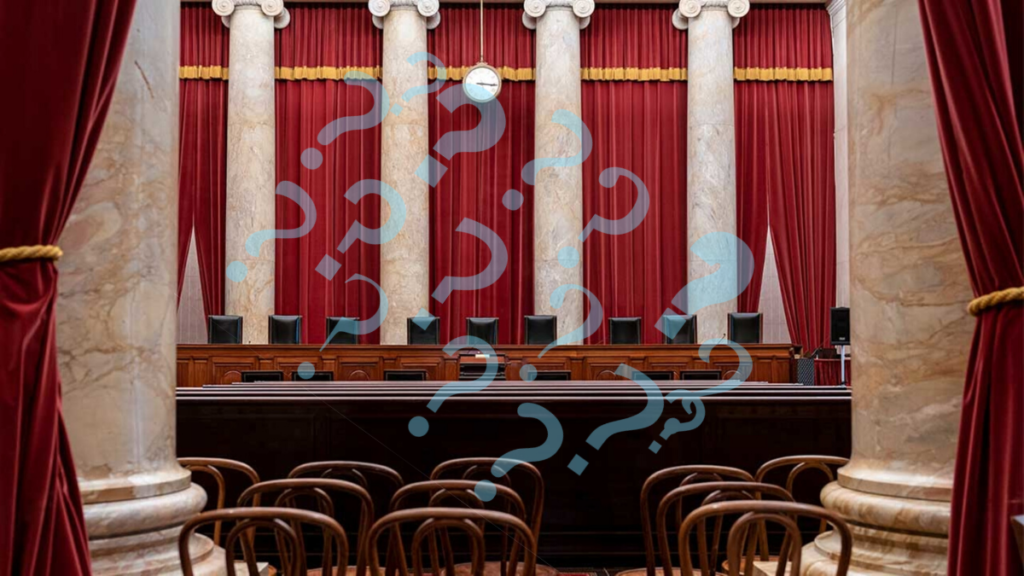The US Supreme Court issued two blockbuster rulings on Wednesday that delivered huge victories concerning religious liberty.
In related cases originating out of southern California, two separate Catholic schools were sued for employment discrimination after they declined to renew employment contracts for two fifth grade teachers. The Supreme Court ruled in a 7-2 decision written by Justice Alito that the “ministerial exception” bars employees who teach religion to students from suing churches or religious institutions for discrimination. Alito observed that the First Amendment bars the government from interfering in how churches and religious institutions run their entities. He said that religious institutions should be able to choose and, if necessary, remove a person who teaches religion without interference from government. Alito observed, “a wayward minister’s preaching, teaching, and counseling could contradict the church’s tenets and lead the congregation away from the faith.” Alito’s opinion was joined by the so-called conservative bloc of justices – Clarence Thomas, Brett Kavanaugh, Neil Gorsuch and John Roberts – and surprisingly by two of the liberal bloc of justices, Steven Breyer and Elena Kagan.
The second major ruling involves the Little Sisters of the Poor who, for the second time, were forced to appeal adverse court rulings to the Supreme Court in order to be exempted from Obamacare rules forcing them to provide contraception services to employees in violation of their religious beliefs. When the Supreme Court invalidated Obama-era rules concerning the obligation of employers to comply with rules that violate their religious beliefs, the Trump administration went through the laborious process of writing new rules, which were much more accommodating to religious liberty. These new rules were challenged by the states of Pennsylvania and New Jersey, and a district court judge issued a nationwide injunction against them going into effect. Writing for the majority, Justice Clarence Thomas held that the federal government was fully within its authority to write rules exempting religious employers and those with moral objections from providing contraception services through their group health plans and that the rules promulgated were free from procedural defects. The ruling was also delivered in a 7-2 vote with Justices Kagan and Breyer joining Thomas, Gorsuch, Kavanaugh, Alito and Roberts. However, Kagan and Breyer issued a separate concurring opinion intended to limit the scope of the majority’s ruling.
Together with the Supreme Court’s 5-4 ruling from last week in the Espinoza v Montana case which held that states cannot exclude religious schools from tax-credit scholarship programs, the Supreme Court has charted a clear and consistent path in support of religious liberty.
Even though we are thrilled with the two rulings this week, we can never lose sight of the importance of increasing the presence of conservative justices on the Supreme Court. Earlier this term, the Court issued two regrettable rulings in the Louisiana abortion case and their illegitimate redefinition of “sex” under Title VII of the federal anti-discrimination. Adding more justices to the court like Brett Kavanaugh will strengthen the hand of principled conservative justices like Samuel Alito and Clarence Thomas, and may help serve as a brake against Gorsuch and Roberts when they are inclined to legislate from the bench.
Supreme Court Deals Promising Rulings in Religious Liberty Cases Despite Recent Mixed Signals
Even though we are thrilled with the two rulings this week, we can never lose sight of the importance of increasing the presence of conservative justices on the Supreme Court.
